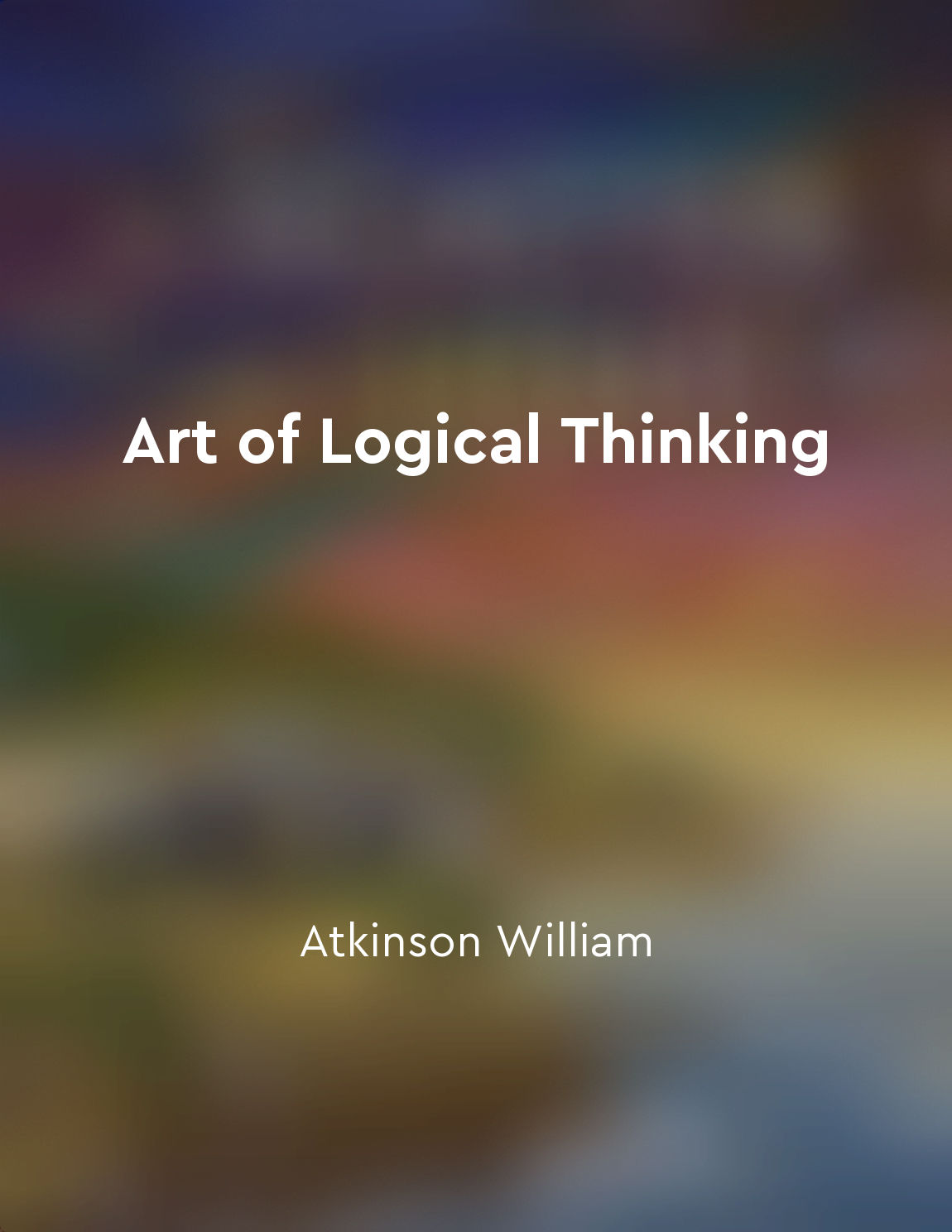Audio available in app
Stay focused on facts and avoid jumping to conclusions from "summary" of Crucial Conversations Tools for Talking When Stakes Are High, Second Edition by Kerry Patterson,Joseph Grenny,Ron McMillan,Al Switzler
When engaging in crucial conversations, it is essential to adhere to facts and avoid prematurely forming conclusions. This means maintaining a clear focus on verifiable information rather than allowing emotions or assumptions to dictate the narrative. By sticking to the facts, individuals can prevent misunderstandings and misinterpretations from derailing the conversation. Jumping to conclusions can be detrimental to the outcome of a crucial conversation. It closes off the possibility of exploring different perspectives and finding common ground. Instead of assuming intentions or motivations, it is crucial to gather concrete evidence and listen actively to the other party's point of view. This approach fosters understanding and cooperation, leading to more productive discussions. Moreover, staying grounded in facts helps to keep emotions in check during crucial conversations. When faced with a high-stakes situation, it is easy for emotions to escalate and cloud judgment. By relying on facts, individuals can maintain a rational approach and prevent the conversation from spiraling out of control. This allows for a more constructive dialogue and a better chance of reaching a mutually beneficial resolution.- The ability to stay focused on facts and avoid jumping to conclusions is a fundamental skill in navigating crucial conversations effectively. It enables individuals to communicate clearly, manage emotions, and work towards solutions collaboratively. By grounding discussions in verifiable information and remaining open to different perspectives, parties can overcome obstacles and achieve desired outcomes.
Similar Posts
Context shapes communication
The way we perceive and interpret communication is heavily influenced by the context in which it occurs. Context includes the e...
Practice assertiveness while also being open to feedback
It's important to strike a balance between standing up for yourself and being receptive to others' input when navigating crucia...
Pay attention to how you listen
Listening is a critical skill in difficult conversations, and it is often overlooked in favor of speaking. But listening goes b...

Avoid labeling or judging others based on their communication style
When we interact with others, it is easy to fall into the trap of labeling or judging them based on their communication style. ...

Analogical reasoning compares similarities
Analogical reasoning is a method of comparing similarities between two things in order to draw a conclusion about one based on ...
Conflict can be an opportunity for growth
In our relationships, conflict often gets a bad rap. We view it as something to be avoided at all costs, something that only cr...
Admit when you are wrong
One of the most difficult things to do is to admit when we are wrong. It goes against our natural instinct to protect our ego a...
Look for common ground and areas of agreement
When engaging in crucial conversations, it is essential to seek out common ground and areas of agreement with the other person....
Stay committed to the conversation even when it gets tough
When faced with a tough conversation, it can be tempting to simply walk away or shut down. However, it is crucial to stay commi...

